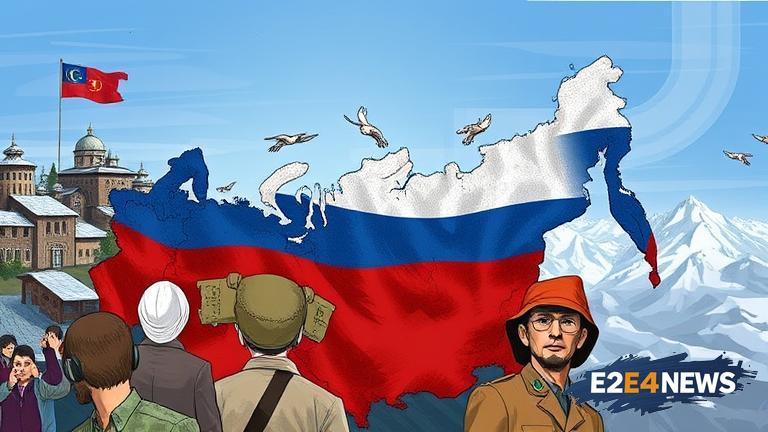The South Caucasus region, comprising Armenia, Azerbaijan, and Georgia, has long been a sphere of influence for Russia. However, in recent years, Russia’s grip on the region has begun to loosen. Armenia and Azerbaijan, in particular, have been seeking to diversify their foreign relations and reduce their dependence on Russia. This shift is driven by a desire to strengthen their economies, enhance their security, and promote their national interests. Armenia, for instance, has been deepening its ties with the European Union, while Azerbaijan has been cultivating relationships with Turkey and other regional players. Meanwhile, Georgia has been actively pursuing integration with NATO and the EU. Russia’s waning influence in the region is also attributed to its own actions, including its involvement in the conflict in Ukraine and its support for separatist movements in the region. The South Caucasus countries are increasingly looking to other nations, such as the United States, China, and the EU, for economic and security cooperation. This trend is expected to continue, with significant implications for the regional balance of power. As the South Caucasus countries navigate their complex relationships with Russia and other nations, they must balance their desire for independence with the need for economic and security cooperation. The region’s strategic location, situated at the crossroads of Europe and Asia, makes it an important hub for trade and energy transit. The decline of Russia’s influence in the region is likely to have far-reaching consequences, including the potential for increased competition among regional players and the emergence of new security challenges. Furthermore, the South Caucasus countries’ growing ties with other nations may lead to increased investment, trade, and economic growth, which could have a positive impact on the region’s development. Nevertheless, the region’s complex history, cultural diversity, and ongoing conflicts will continue to pose challenges to regional stability and cooperation. In conclusion, the South Caucasus region is undergoing a significant transformation, driven by the decline of Russia’s influence and the emergence of new regional players. As the region continues to evolve, it is likely to remain a critical area of focus for international relations, security, and economic development. The South Caucasus countries’ ability to navigate these challenges and opportunities will be crucial in shaping the region’s future. Ultimately, the region’s stability and prosperity will depend on the ability of its nations to balance their competing interests, foster cooperation, and promote economic development.
